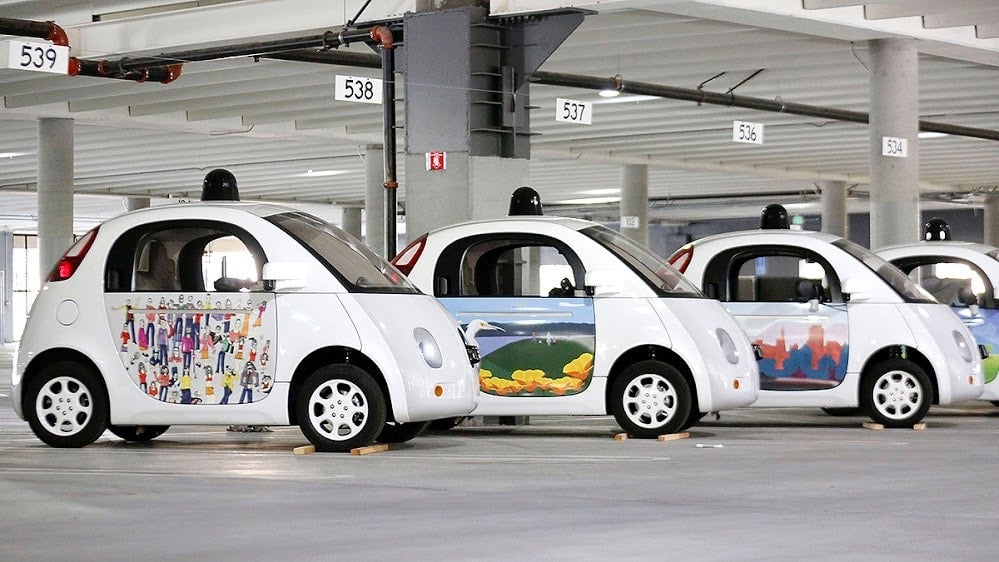Alphabet will make self-driving cars an independent business in 2016
What started as a project in Google’s “moonshot” lab back in 2009 will become its own business in 2016 under Google’s parent company, Alphabet, according to Bloomberg. The company’s self-driving cars are expected to be used as a for-hire ride service, competing with the likes of Uber and Lyft.


What started as a project in Google’s “moonshot” lab back in 2009 will become its own business in 2016 under Google’s parent company, Alphabet, according to Bloomberg. The company’s self-driving cars are expected to be used as a for-hire ride service, competing with the likes of Uber and Lyft.
Google’s fleet, which includes modified consumer cars and its own koala-shaped cars, have racked up over 1 million miles’ worth of experience, driving mainly in the Bay Area and Austin, Texas. But the company has previously said that despite its investment and research in self-driving cars, it doesn’t intend on becoming a car manufacturer. Quartz reached out to Google to confirm Bloomberg’s report, and the company declined to comment.
Alphabet hired John Krafcik, the former CEO of Hyundai US, to run its self-driving car program back in September. At the time, the company told Quartz that it had no immediate plans to spin the program out into its own business, but that it was a “good candidate” for that in the future. It seems that time has come.
Uber is working on its own fleet of self-driving cars for hire, and just about every major car manufacturer seems to be working on bringing driverless cars to the streets. Toyota has pledged $1 billion into research for robotics and AI, Tesla has already introduced an “autopilot” self-driving mode, and Apple is apparently also researching autonomous vehicles.
As Alphabet looks to find new revenue streams beyond its traditional search and advertising business, the company has been spinning out some less profitable sections of Google into new divisions. Its life sciences division is now Verily, and its robotics division—including Boston Dynamics—is now apparently called “Replicant” within the company.
But even if the autonomous cars project is spun out into its own company next year, there’s no guarantee that Alphabet will bring a robot-driven ridesharing service to the market anytime soon—it will have to contend with evolving regulation of self-driving cars in the US and around the world, and costs. Uber seems to be struggling for profitability as it grows, but perhaps with the backing of a $71 billion-a-year company behind it, Alphabet will be able to figure it out.